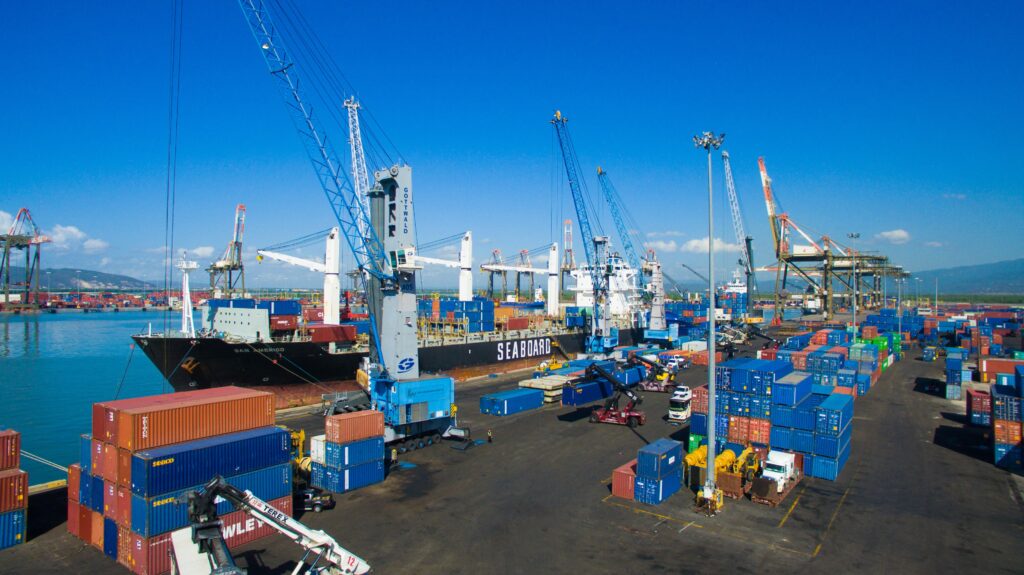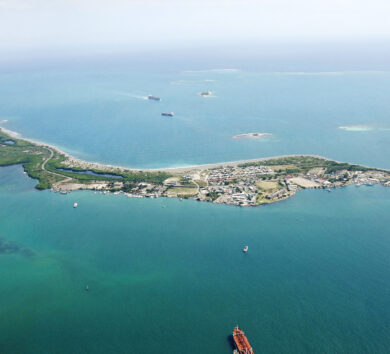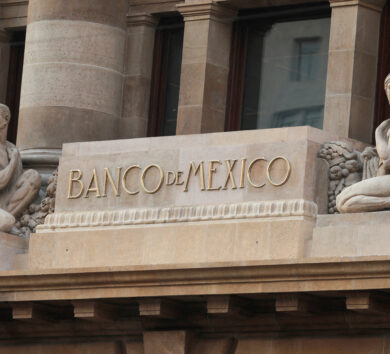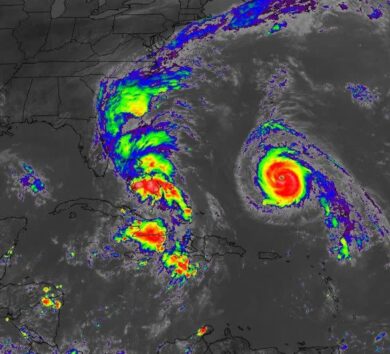

Durrant Pate/ Contributor
A new sea bridge between Jamaica and the Cayman Islands has been developed, which will boost intra-regional trade between the two countries.
The shipping link will, in particular, boost food exports from Jamaica while reducing Cayman’s dependence on the United States for food imports.
Seaboard Marine Limited has launched a bi-weekly refrigerated consolidation service between Kingston, Jamaica and Grand Cayman, a move designed to lower shipping costs for smaller exporters while addressing Cayman’s dependence on food imports from America.
The service, launched just over a week ago, will deliver cargo within 36 hours and enables multiple Jamaican exporters to consolidate temperature-sensitive shipments into a single container, sharing costs while maintaining cold chain integrity. The model is expected to appeal to producers of fresh fruits, vegetables, baked goods, juices and pharmaceuticals, as well as retailers and restaurants in Cayman that rely on a steady supply of perishable goods.
Smaller Jamaican exporters to benefit most
The service is particularly geared toward smaller Jamaican exporters who lack the scale to fill entire containers on their own. By reducing inventory requirements for Cayman retailers, who will be able to source smaller, fresher shipments on a bi-weekly basis, the initiative also has the potential to improve margins and cut storage costs.
The new refrigerated service also complements recent trade agreements. A 2022 deal expanded the list of approved Jamaican exports to Cayman, adding breadfruit, ackee, plantains and soursop to 44 existing commodities.
Seaboard Marine, which has operated weekly direct services between Kingston and George Town for more than 40 years, says it sees its role as central to building resilience in regional trade. CEO of Seaboard Jamaica, Corah-Ann Robertson-Sylvester, is excited at the development, saying, “Seaboard Marine is committed to intra-regional trade,” given its long history of linking businesses and economies across North, South and Central America, and the Caribbean.
Strengthening Jamaica-Cayman connections
By strengthening these connections, she explained, Seaboard is helping to enable nearshoring and reduce dependence on distant suppliers, ensuring industries can source raw materials, factories can access inputs, and consumers can rely on regional food security.
“Once it can be stored safely in your refrigerator at home, we can ship it to you from Jamaica. This service was born out of the increased demand to have Jamaican produce in Cayman in a timely manner, maintaining the cargo’s freshness, in terms of taste, colour and succulence,” she said.
Despite being just 270 miles away and bound by close cultural and historical ties, Jamaica supplies less than 12% of Cayman’s food imports, but this picture is beginning to shift, as the new service is aimed at farmers, food processors and pharmaceutical makers in Jamaica, and at those in Cayman that depend on reliable deliveries of perishables.
Since 2018, Jamaican exports to Cayman have grown at an average rate of 20.2% a year, reaching US$36.4 million in 2023, data from Cayman’s International Trade Centre has shown. Cayman is now Jamaica’s fourth-largest food-export market.
In the third quarter of 2024, imports from Jamaica to Cayman rose 24.6% year-on-year, reaching US$15.7 million and accounting for 5% of Jamaica’s total food-export value. The launch comes at a time when US tariffs and global supply chain shocks are driving up prices, intensifying pressure on Cayman to diversify its imports.
Cayman Compass.com reports that 99% of Cayman’s food is imported, with 78% funnelled through US ports, according to information from the International Trade Centre.







Comments